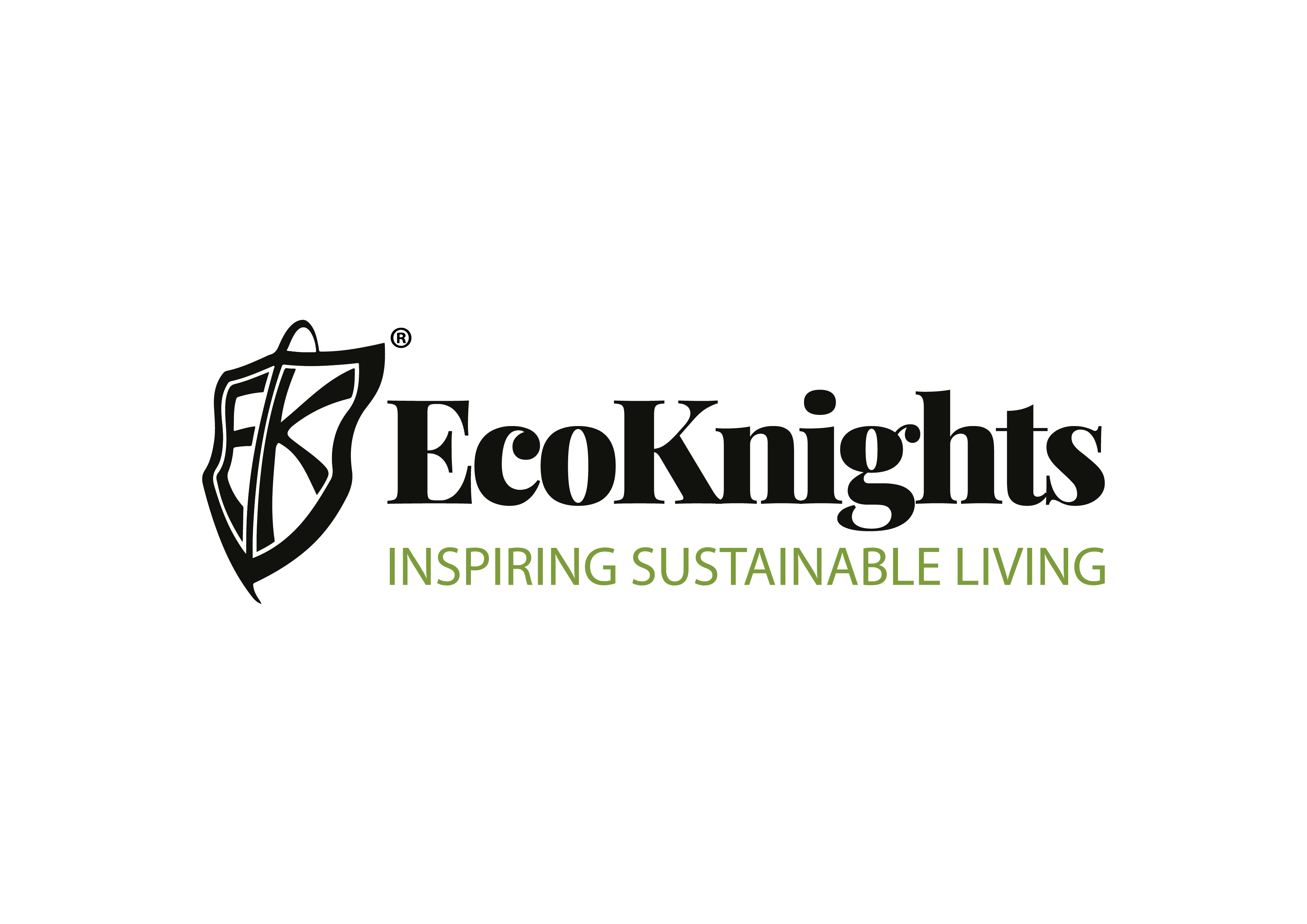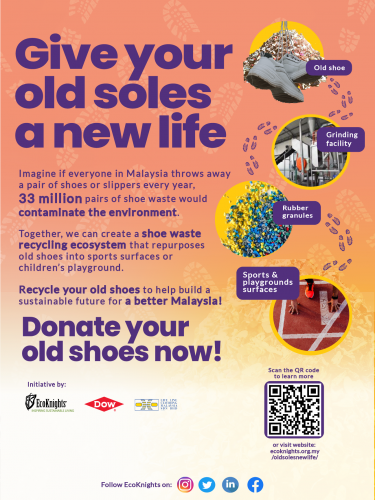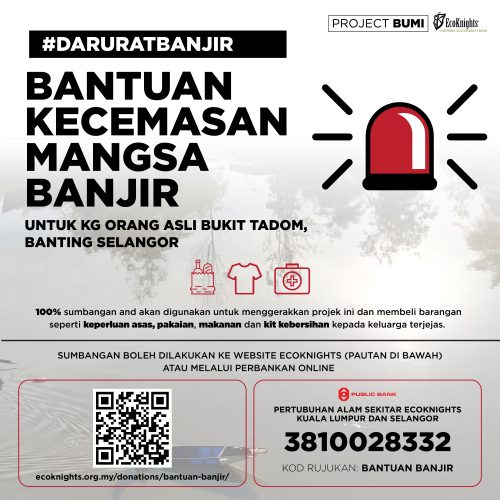A Reverse In S’gor’s No-Plastic Policy Would Be A Step Backwards From The Government’s Sustainable Agenda
- EcoKnights
- March 26, 2018
- 2:41 pm
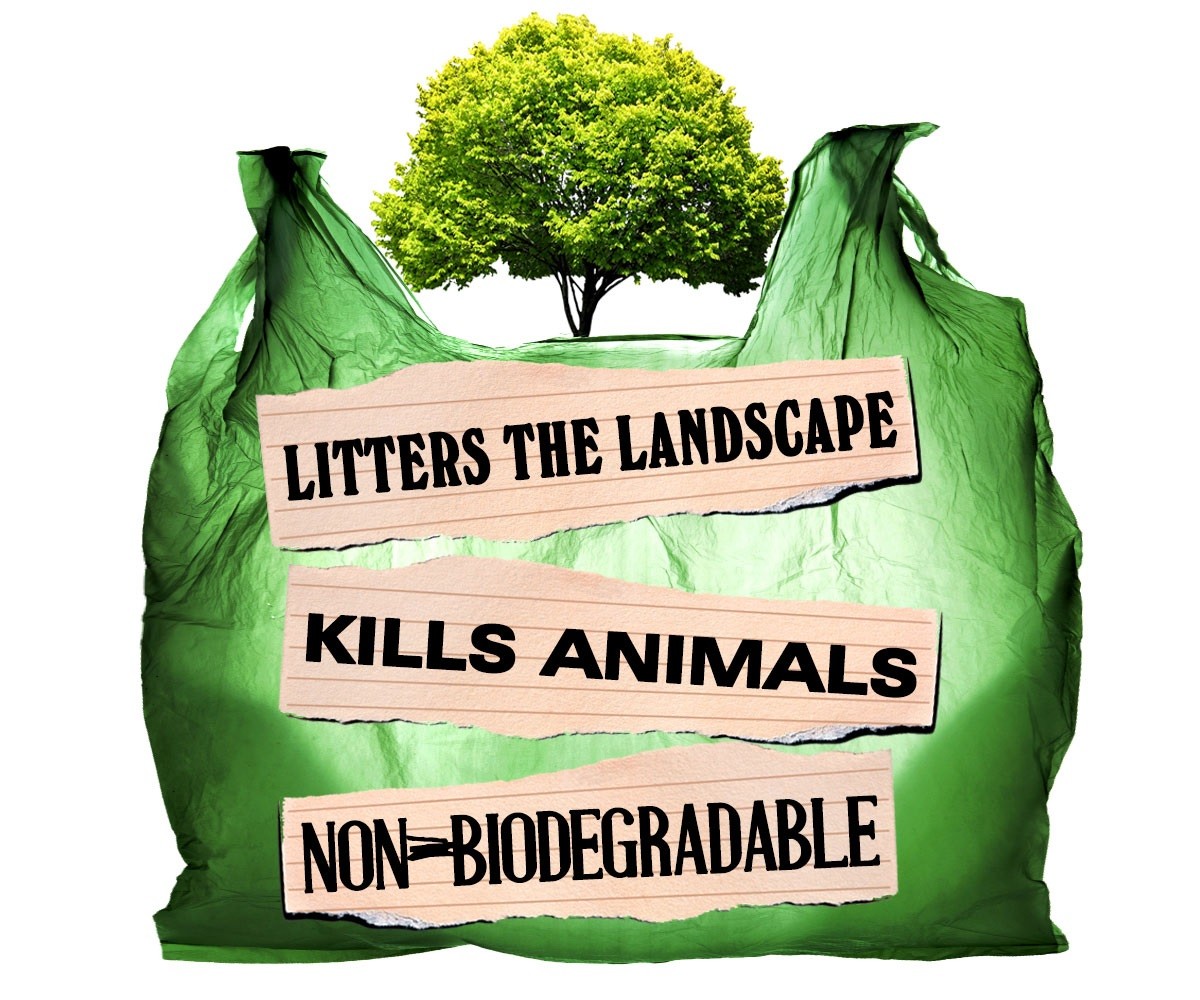
Category: News
Published: Monday, 26 March 2018 14:41

Do our leaders genuinely not care for the environment?
That was the question that came to light when Selangor Barisan Nasional (BN) Chairman Tan Sri Noh Omar, who is also the Urban Wellbeing, Housing and Local Government Minister, openly stated they will reverse the state’s no-plastic policy in the event the party recaptures Selangor in the forthcoming 14th General Election (GE14).
While Noh’s statement was made to address the public’s query on what becomes of the 20 sen collected by retailers, Selangor residents are baffled to know that a leader of his stature resorted to disrespecting the environment:
“I’m appalled by Noh’s statement because it grossly shows a lack of support for the environment. I’ve grown accustomed to carrying my own grocery bags or paying 20 sen for a plastic bag, so I don’t understand why he needs to forego one good thing.”- Khairina Annuar, 34, Seksyen 14, Shah Alam
“Noh could help unravel where our 20 sen is going without foregoing the plastic ban. His statement only assures me that our leaders care less about environmental issues.” – Farah Yasmine, 25, Subang Jaya

Noh’s method isn’t the way to ‘solve’ the plastic bag issue. It’s honestly insulting because most of us Selangor folks believe in conserving and protecting the environment.”- Wan Nik Aminah, 78, Seksyen 16, Petaling Jaya
“It bothers me that Noh indirectly showed how insignificant he sees environmental issues are. If you cared for the environment, you would have phrased your words properly without coming off as if you’re politicising the environment.” – Marissa James, 28, Petaling Jaya
Besides, Noh’s promises were also contradicting taking into consideration the efforts mooted by Prime Minister Datuk Seri Najib Tun Razak and carried out by the government in conserving the environment as well as in championing sustainability.
In fact, last year, Natural Resources and Environment Minister Wan Junaidi Tuanku Jaafar also declared his support for the no-plastic policy implemented by the Selangor government, however stressed that there must be “a certain ruling on the sale (of plastic bags) and where the money goes.”
Here’s Noh’s Ministry’s Explanation On The Remark

Under the promise of anonymity, a representativefrom the Urban Wellbeing, Housing and Local Government ministry clarified with Malaysian Digest that Noh is merely indicating that Selangor’s ‘No to plastic bags and polystyrene’ campaign is more of a failure than a success since it was first implemented on January 1, 2017.
The representative also noted that the current no-plastic policy in Selangor is biased, as supermarkets and retailers too should have a pivotal role in eradicating unsustainable plastic use within the state.
“The minister and the ministry similarly want to encourage consumers to go green and cut back on plastic bag usage that is detrimental to the environment,” the representative shared.
“But perhaps there should be a more comprehensive policy compared to the current one, especially when the ruling government and our prime minister have acknowledged that environmental issues do plague our nation.”
With that, the representative elaborated that Malaysia had implemented the National Policy on the Environment since 1992, which is aimed to conserve its natural heritage through enforcement, research, education and public awareness.
Preserving the environment equally as important as development for Msia. The legacy we leave for our children must be a green one #EarthDay
— Mohd Najib Tun Razak (@NajibRazak) April 22, 2013
Apart from preserving the environment, the representative reminded that the prime minister previously stated that the 11th Malaysia Plan (11MP) recognises the importance of conserving natural resources as it is part of the country’s commitment towards long-sustainability.
“A lot of people don’t realise that Malaysia is committed to supporting and implementing the United Nation’s 2030 Development Agenda, and the 11MP is a testament to that,” the representative emphasised.
“The government is committed to enrich the lives of Malaysians, providing dignity and uplifting the potential of all to share in the benefits of our country’s prosperity, and to create an inclusive and environmentally-sustainable nation with an advanced economy by 2020.”

Additionally, the representative also shared that Malaysia has successfully applied UN’s Sustainable Development Goals (SGDs) through the National Blue Ocean Strategy (NBOS).
And just last month, the prime minister had announced that all government-linked companies (GLCs) must contribute at least one per cent of their pre-tax profits to social and environmental causes, as he believes that it will leave a positive impact on the lives of the rakyat.
“Coming back to the issue surrounding Noh’s statement; it’s not an indication that the minister or the party sees environmental issues as unimportant, but rather calling for a more comprehensive and just policy that encourages both parties (consumers and retailers) to advocate for the environment.
“Other states can actually look into states such as Johor and Melaka – who implemented a total ban on plastics, and regularly enforce the policy to ensure that its state residents respect the policy as well as the environment,” the representative stated.
Are Politicians Not Concerned About The Environment?

While we applaud the Malaysian government for their green initiatives and efforts, youth activist Maryam Leeopined that the discourse on environmental issues is lacking in complexity and nuance – hence why understanding on environmental issues is generally low.
As she relayed that Malaysian politicians do not understand the need for better education on many issues, including the environment, she underlined that the discourse on the environment has been pushed aside as it is deemed as less important than our experience with democracy.
“For so long our politicians – from both sides of the coin – have conditioned the Malaysian public that the primary thing that matters is who gets to stay in power for the next five years after the elections,” she conveyed.
“Because of this struggle for state power, other social issues get cast away as secondary, and hence, very rarely do you see political parties and politicians championing the cause of environment like Parti Sosialis Malaysia or Ong Kian Ming in DAP.”
But Maryam then pointed out that the actual problem is the irresponsible use of plastics as opposed to plastics in general – specifically the non-sustainable practice of single-use plastics, such as plastic cutleries and straws.
These items may seem infinitesimal to the masses, but Maryam highlighted that the improper disposal of plastic waste will eventually contribute to the immense volume of waste that our beloved homeland is guilty of.
“It accounts for 40 per cent of global plastic production, which is a lot,” while stating that actions must be taken to reduce the percentage without affecting sectors that use plastics to better people’s lives.
“One way to do it is to increase the recycling rate of plastic, and increase public education on reusing plastic to minimise single-use of plastic.”

Although Maryam believes that the no-plastic policy is an imperative step towards this direction as it encourages consumers to look for alternatives, she emphasised that the policy has its flaws too.
Elaborating further, she cited that some poor families may depend on plastic bags obtained from grocers to be used as plastic for garbage, hence Malaysia needs to find more progressive alternatives without punishing the poor.
And much like what Noh pointed out, Maryam too opined that retailers are profiting off of the plastics that they provide to consumers, and stressed that the no-plastic rule must not be one-sided.
“The no-plastic rule cannot only punish consumers without punishing the retailers as well,” she said.
“So we must also look at how retailers are profiting from the 20 sen surcharge for every plastic they sell due to the no-plastic rule.
“By profiting from this ruling, retailers are not encouraged to find alternatives to plastic, and the public will continue to buy them because it’s easy – as long as they can afford it,” she added.
Maryam ended by encouraging the public to demand better policies from our politicians, as it will enable them to help set the tone and direction of our country in championing environmental conservation.
Time For Our Leaders To Become Environmental Stewards

Speaking of demanding better policies from our politicians, as a matter-of-factly, Yasmin Rasyid, president and founder of EcoKnights, revealed that Malaysia has some of the best policies on the environment.
The avid environmentalist also added that the Environmental Quality Act 1974 is currently being revised, with new sections such as the ‘Green Industry Practices’ being proposed and reviewed.
“On top of that, we’ve the National Transformation 2050 (TN50), the Sustainable Developments Goals (SDGs), and the Economic Planning Unit (EPU) has published the voluntary report to show the country’s commitments to the SDGs.
“All these are to build a nation that’s progressive in development without compromising the state of environment and the lives of the people,” she highlighted.
“In fact, Selangor has the environment grant for communities, and even PAS has a green department, which we were engaged in a dialogue once where the PAS youth group was keen to explore how to keep their events green.”
The woman behind EcoKnights emphasised that politicians should be kept updated on Malaysia’s environmental laws, policies and challenges – especially when a strong disconnection exists between the country’s environmental efforts and its politicians.
She underlined that the dichotomy between the level of understanding in environmental issues between BN and other political parties is prevalent, mainly due to the lack of knowledge, pure ignorance or disinterest.
And when asked of her two cents on the statement uttered by Noh, Yasmin lamented how shocked she was “at the ignorance or insufficient capacity of a leader with a sustainable mindset.”
“Perhaps Noh doesn’t have a team of experts who are familiar with current global and local environmental challenges and trends, in which case, it’s time we focus on educating leaders on the real-time issues on environment,” she suggested.

But Yasmin is even more disappointed by the fact that Malaysians have recently witnessed how politicians have unintelligently used significant issues, such as the environment, to gain political mileage.
While giving free plastic bags may be a short-term solution to gain political mileage, the environmental activist questioned who will bear the costs when our rivers, drains are clogged by plastics, which will then factor in the occurrence of flash floods or pollution?
“The country needs a government that can balance development, environmental and social issues smartly – not abuse these issues with the rakyat for political mileage,” she pointed out and urged all politicians, regardless of parties, to put a sustainable development in practice.
But aside from underlining that ignorance can be cured with proper consultation with the right people, Yasmin opined that Noh could have seized the opportunity to educate the masses on the dangers of plastics instead of reversing the no-plastic policy, especially amongst those who deemed paying 20 sen for plastic bags as a burden.
“He could’ve used the opportunity to be on the ground to educate the people on why plastics are hazardous and work hand-in-hand with the rakyat to educate them, inspire them, empower them, and take the people to the next level of civic and eco-consciousness.
“At the end of the day, leaders should respect the environment because it’s the environment that’s helping them reach their goals. Additionally, respecting and caring for the environment is deeply rooted in our religious texts,” she firmly stated.

As she reminded that we are all living on shared space, air and water on Earth, Yasmin emphasised that a poor environment will not help facilitate economic growth as it has detrimental impact on the livelihoods of Malaysians.
On that note, Yasmin calls for leaders to become environmental stewards to encourage and inspire the masses to champion a worthy cause.
She concludes that, “Leadership is not a solo sport where you think of what you can gain from being a politician. It’s a sport that requires you to be a community game changer.
“We need more leaders that can set an example as environmental stewards.
“We also need the public and civic societies to voice out as well and demand our leaders for sustainable solutions to our everyday issues from flash floods in the city to waste separation.”
And it needs to happen, now.
– Malaysian Digest
Original article: Malaysian Digest
Related posts:
- A Chat with the Founder of the Kuala Lumpur Eco Film Festival (KLEFF)
- Meet the Innovator Battling Plastic Waste in Malaysia: Yasmin Rasyid
- Malaysia is Climbing Upwards in Achieving 17 Sustainable Development Goals
- WOB: IPCC Report States We Can No Longer Escape Human-Caused Climate Change, What Does It Mean For Malaysia?
Share this content
